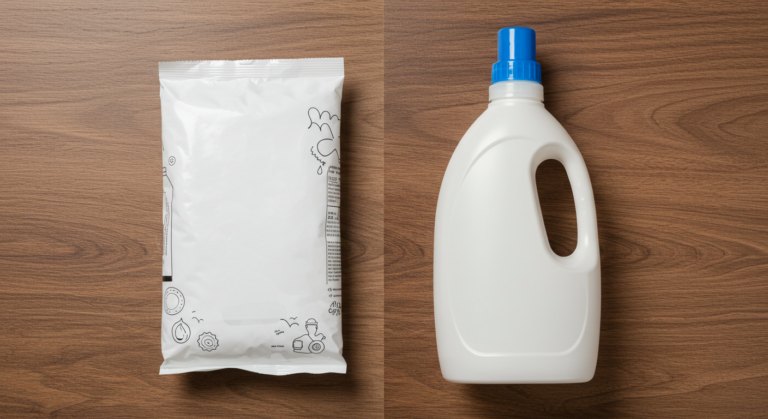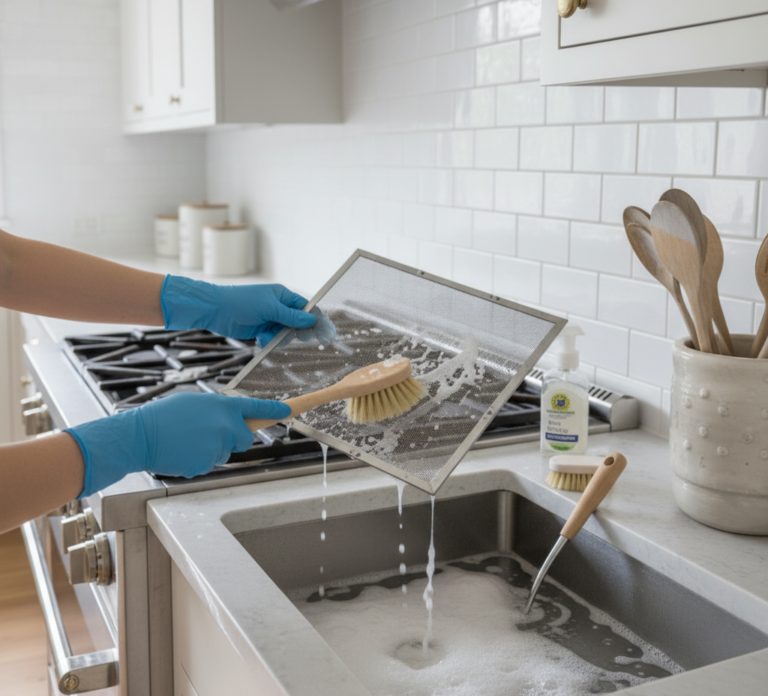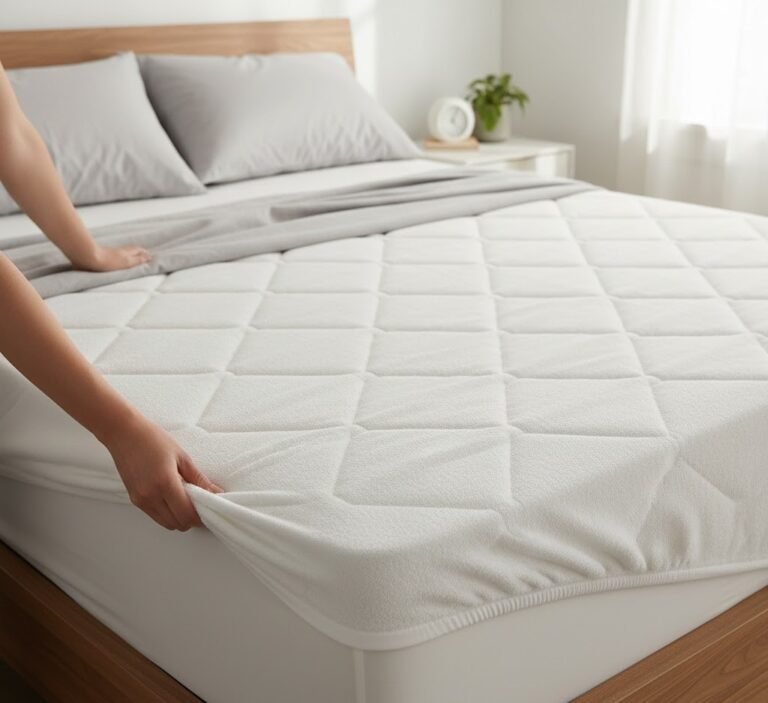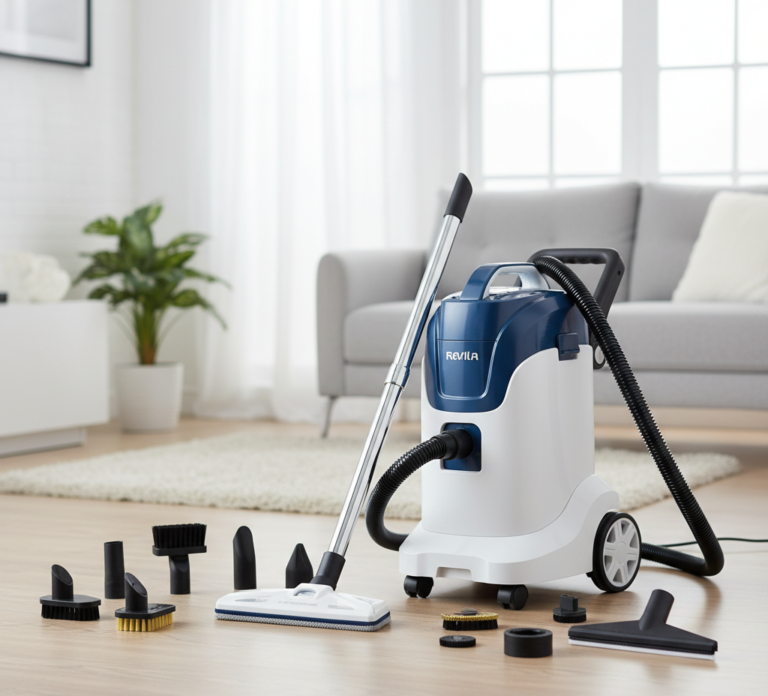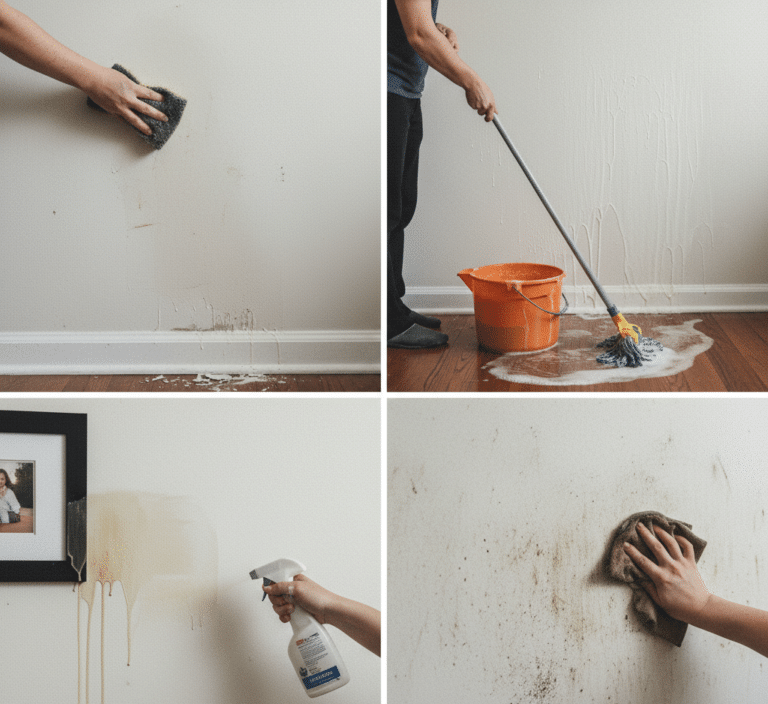Get the facts before your next laundry day
Laundry might seem simple, but choosing between washing powder and liquid detergent can actually make a big difference in how clean your clothes get. Whether you’re doing a quick midweek wash or a full family laundry day in your Toronto home, knowing which detergent works best will save time, money, and even your favourite clothes.
So, let’s break it down. What’s the difference between washing powder and liquid detergent? And more importantly—which one should you actually be using?
Washing Powder: A Classic Choice with Strong Cleaning Power
Washing powder has been around for ages, and there’s a good reason it’s still a popular option. It’s affordable, has a long shelf life, and is super effective at removing dirt, mud, and other outdoor stains. If you’ve got kids who love the playground or pets that bring in messes, powder can tackle those tough stains easily.
Powder detergent is especially effective in warm or hot water. It breaks down grime and helps lift stains from fabrics, making it perfect for white clothes, towels, and bed sheets. It often contains built-in oxygen-based bleach, which helps brighten whites and fight bacteria—ideal if you’re washing gym clothes or cloth diapers.
But there are a couple of downsides. Washing powder doesn’t dissolve as well in cold water, which can leave chalky residue on clothes or inside your washer. This is especially true in Toronto’s winter months, when most people wash in cold water to save on energy bills.
Still, if you regularly do hot washes or use a top-loading machine, powder detergent can definitely get the job done right.
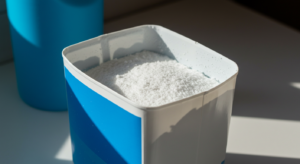
Liquid Detergent: Convenient, Cold-Water Friendly & Gentle
On the flip side, liquid detergent is a go-to choice for many Toronto households, especially those using high-efficiency (HE) machines. It’s convenient, easy to measure, and dissolves fast—no matter the water temperature.
One of the biggest pros of liquid detergent is that it’s perfect for cold water washes. That means it’s energy-efficient and less likely to leave residue behind on your clothes. It’s also great for dark fabrics because it won’t leave white streaks or build-up like powder sometimes can.
Liquid detergent is also easy to use for spot-treating stains. Got a bit of grease on a shirt or ketchup on your jeans? Just pour a drop right on the stain before tossing it in the wash. Powder can’t really do that.
The trade-off? It usually costs a bit more, and it’s easy to overuse if you don’t measure carefully. That can lead to detergent buildup inside your machine over time, which might cause smells or even affect how clean your laundry gets.
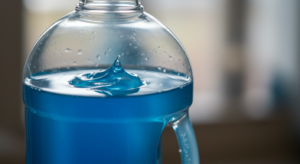
Washing Powder vs Liquid Detergent: A Side-by-Side Comparison
Here’s a quick comparison to help you see the differences more clearly:
| Feature | Washing Powder | Liquid Detergent |
|---|---|---|
| Best for | Whites, muddy clothes, warm/hot water | Darks, delicates, cold water |
| Stain removal | Excellent for outdoor stains | Great for greasy and oily stains |
| Water temperature | Works best in warm/hot water | Works in all temps, especially cold |
| Machine compatibility | Traditional machines | Great for HE washers |
| Price | More affordable | Slightly more expensive |
| Residue | Possible in cold water | Rare in cold water |
| Eco impact | Cardboard box (more recyclable) | Plastic bottle (harder to recycle) |
Common Laundry Mistakes to Avoid
Whether you stick with washing powder or prefer liquid detergent, your laundry results can still go sideways if you’re making some classic mistakes. One big one? Overloading your machine. Cramming too many clothes in stops detergent from circulating properly, which means dirt and residue stay trapped. Another common slip-up is using way too much detergent—especially liquid. More soap doesn’t mean cleaner clothes. It can actually leave buildup and make clothes feel stiff or itchy.
Using the wrong water temperature for your fabric is another issue. Hot water works for powder, but can shrink delicates or fade darks. Cold water is perfect for liquid, but not all stains come out if the water’s too cold. Also, if you’re not sorting laundry by color and fabric type, your clothes will wear out faster, and you might see color bleeding or pilling.
The good news? These mistakes are easy to fix. A few small tweaks—like measuring detergent properly, sorting laundry better, and not overstuffing the drum—can help you get better results, no matter what product you use. And if you ever want to skip laundry day altogether, remember that Toronto Shine Cleaning has pros ready to do it for you.
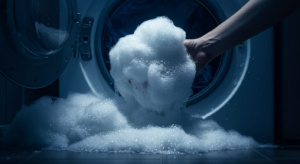
Choosing Based on Your Lifestyle
Now, let’s talk real life. If you’re doing laundry for a busy family in a Toronto suburb, dealing with sports uniforms, muddy clothes, and big weekly loads, washing powder might make more sense. It offers strong cleaning at a lower cost, and it can handle the heavy-duty messes.
If you’re a single person or a couple in a downtown condo using an HE front-loader, and you mostly wear dark clothes or wash in cold water, liquid detergent could be the smarter pick. It’s easier to store in small laundry closets and better for delicate cycles.
Live in an older building with hard water? Washing powder often works better in these cases. Hard water can reduce the effectiveness of some liquid detergents, but powder formulas usually include water softeners to help combat that.













